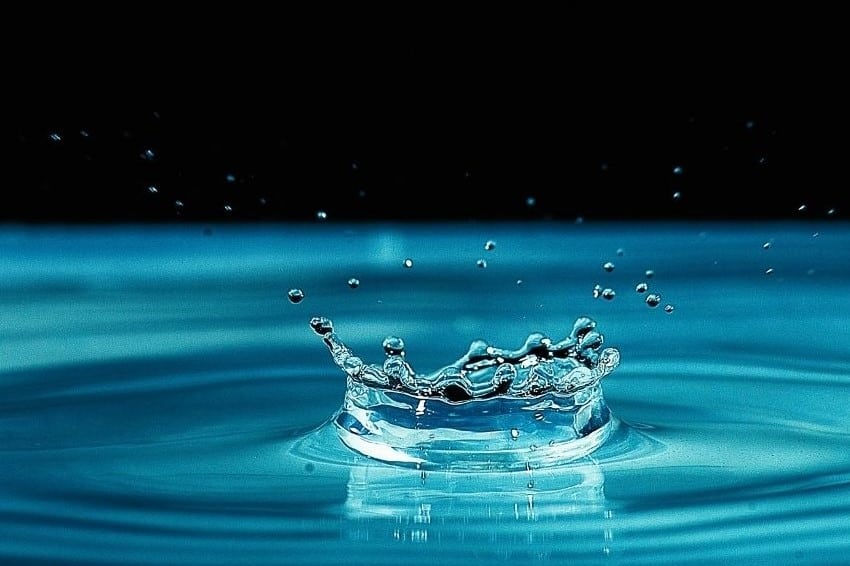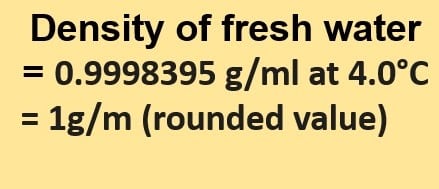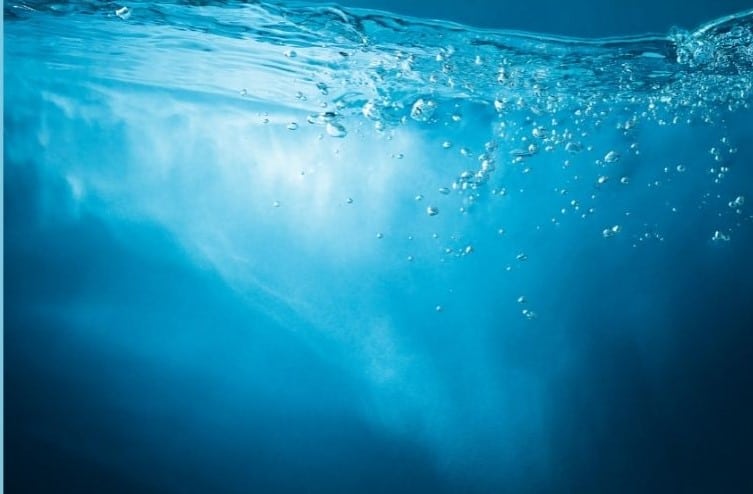Water (H2O) is a pure substance. A pure substance is one that has a fixed chemical composition throughout, such as water, air, or nitrogen. A pure substance does not have to be composed of only one element or compound. In water, two hydrogen atoms chemically mix with one oxygen atom to form a new material with characteristics distinct from either hydrogen or oxygen alone.
In addition, water should not be considered a mixture, as a mixture is formed when two or more substances combine physically.

Although water is the most abundant substance on the planet, it is rarely found in its pure form in nature. The majority of the time, pure water must be created. Distilled water or deionized water are two terms for pure water.
The water in your tap is not distilled. The majority of public tap water contains chlorine. Chlorine is used in water to kill microbes. Other minerals, such as fluoride, which prevents tooth decay, may be intentionally dissolved in public tap water. Tap water in some areas is untreated and comes directly from wells. The mineral composition of well water varies by location, giving water from different areas distinct tastes.
Table of Contents
What is a Pure Substance?
A pure substance is made up of only one element or compound. A mixture, on the other hand, is made up of two or more different substances that are not chemically linked together. Tin, sulfur, diamond, water, pure sugar (sucrose), table salt (sodium chloride), and baking soda are examples of pure substances.
More Links
The pH of Distilled/ De-Ionized Water
How Much is a Liter of Water?
Static Pressure| Definition, Meaning, and Examples
How Many Cups in a Gallon?
Atmospheric Pressure examples
The Specific Gravity of Water
Pressure-Volume Diagram|PV Diagram
Frequently Asked Questions
1. Is carbon dioxide a pure substance?
Carbon dioxide is a pure substance since its composition remains constant regardless of where it is collected. Carbon dioxide is a greenhouse gas that is naturally occurring and innocuous in small amounts, but as levels grow, it can have an impact on productivity and sleep. CO2 levels concentrate inside with less ventilation since they are most typically created by the air we exhale.
Each carbon dioxide molecule will always have one carbon and two oxygens.
Check the full article “ is carbon dioxide a pure substance?“
2. Is Air a Homogeneous Mixture?
Air is a homogenous mixture of many gases. The atmosphere’s air is made up of nitrogen, oxygen (which is necessary for animal and human life), carbon dioxide, water vapor, and trace amounts of other elements (argon, neon, etc.). Higher elevations have more ozone, helium, and hydrogen in the air.
3. At What Temperature Does Water Freeze?
Water’s normal freezing and melting points are 0 degrees Celsius or 32 degrees Fahrenheit.
4. What is the specific heat of water?
The specific heat formula is the amount of heat supplied to the specimen, divided by the resulting temperature increase. cp is related to the unit mass of the specimen. The mathematical form of the formula is Q/m ΔT = cp where Q refers to the amount of heat supplied to the specimen and ΔT is the rise in temperature. Check the full article “specific heat of water”.
5. What is the density of water in lbft3?
Density is a physical property that expresses the mass per unit volume. In the case of liquid water, the density of water is close to 1000 kg/m3, though it varies slightly depending on temperature. The density of water in lb/ft3 is 62.428 lb/ft3.
6. Is boiling water a chemical change?
At one atmosphere of pressure, the boiling point of water is 100 °C or 212 °F (sea level). The value, however, is not constant. The boiling point of water is affected by atmospheric pressure, which varies with elevation.
7. What is the surface tension of water?
Surface Tension is defined as “the quality of a liquid’s surface that permits it to resist an external force due to the cohesive nature of its molecules.” The surface tension of water is 0.07275 joule per square meter at 20 °C (68 °F).
8. Is water vapor a greenhouse gas?
Water vapor is a major greenhouse gas because it absorbs longwave radiation and radiates it back to the surface, contributing to global warming. Furthermore, by weight and volume, it is the most abundant greenhouse gas in the atmosphere.
9. What is the thermal conductivity of water?
Thermal conductivity is a property of materials that indicates their ability to conduct heat. The thermal conductivity of water is 0.591 W/mK. It is frequently denoted by the letter ‘k’ or, less frequently, the letter ‘lambda.’ Thermal resistivity is the reciprocal of thermal conductivity.
10. What is the kinematic viscosity of water?
The kinematic viscosity of water at 20 °C is about 1 cSt.
The physical unit for kinematic viscosity is the stokes (St), named after George Stokes. It is sometimes expressed in terms of centistokes (cS or cSt); 1 stokes = 100 centistokes = 1 cm2 s−1 = 0.0001 m2 s−1.
11. How many cups in a gallon?
A US liquid gallon is equal to 16 cups, and a US dry gallon is equal to 18.61 cups. In the United States, one cup equals half a pint (236.6 ml).
To get a more detailed answer, click “how many cups in a gallon.”
More Interesting Topics
- BCl3 Lewis Structure in four simple steps - November 1, 2023
- PH3 Lewis Structure in four simple steps - October 8, 2023
- PF3 Lewis structure in four simple steps - September 24, 2023



